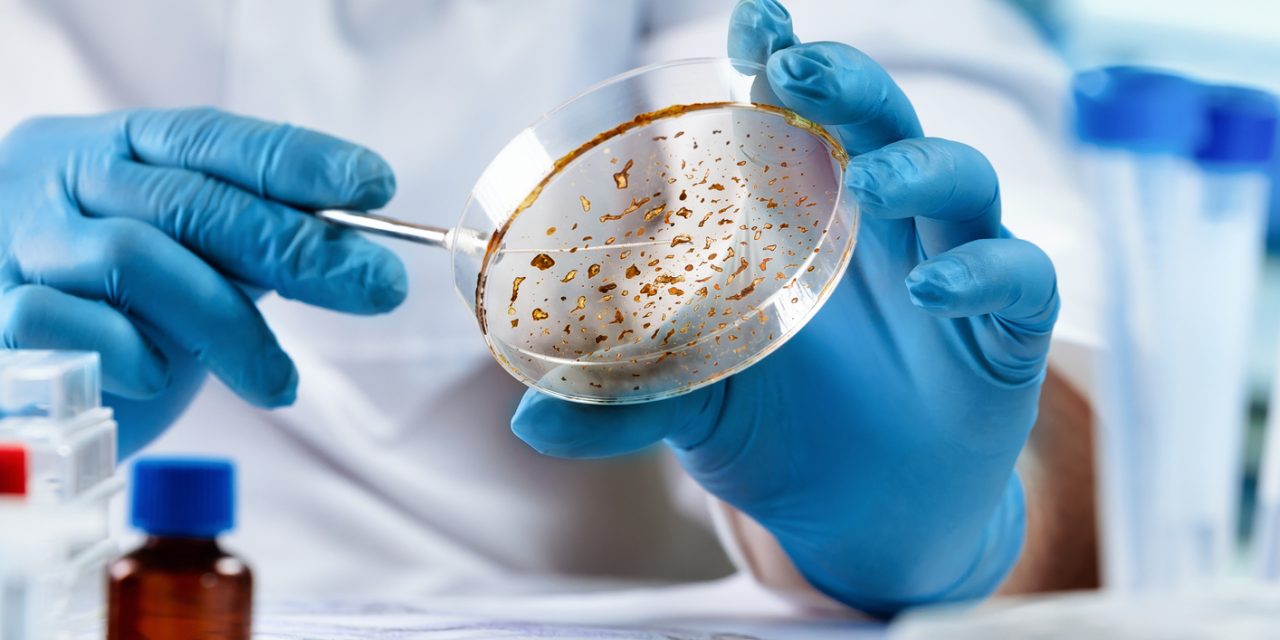We present a new Bayesian inference method for compartmental models that takes into account the intrinsic stochasticity of the process. We show how to formulate a SIR-type Markov jump process as the solution of a stochastic differential equation with respect to a Poisson Random Measure (PRM), and how to simulate the process trajectory deterministically from a parameter value and a PRM realisation. This forms the basis of our Data Augmented MCMC, which consists of augmenting parameter space with the unobserved PRM value. The resulting simple Metropolis-Hastings sampler acts as an efficient simulation-based inference method, that can easily be transferred from model to model. Compared with a recent Data Augmentation method based on Gibbs sampling of individual infection histories, PRM-augmented MCMC scales much better with epidemic size and is far more flexible. It is also found to be competitive with Particle MCMC for moderate epidemics when using approximate simulations. PRM-augmented MCMC also yields a posteriori estimates of the PRM, that represent process stochasticity, and which can be used to validate the model. If the model is good, the posterior distribution should exhibit no pattern and be close to the PRM prior distribution. We illustrate this by fitting a non-seasonal model to some simulated seasonal case count data. Applied to the Zika epidemic of 2013 in French Polynesia, our approach shows that a simple SEIR model cannot correctly reproduce both the initial sharp increase in the number of cases as well as the final proportion of seropositive. PRM-augmentation thus provides a coherent story for Stochastic Epidemic Model inference, where explicitly inferring process stochasticity helps with model validation.Copyright © 2021. Published by Elsevier Inc.
Stochastic Epidemic Models inference and diagnosis with Poisson Random Measure Data Augmentation.


